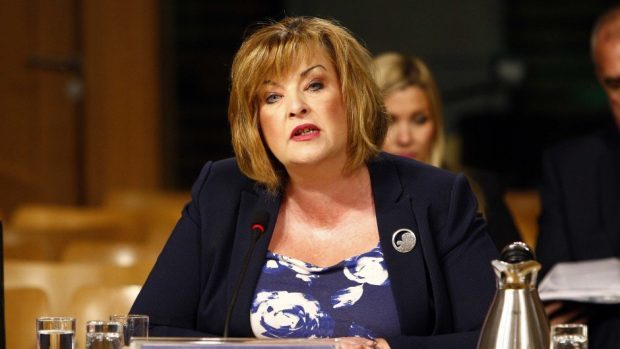Housing, the economy and health are the key issues to tackling the north’s depopulation issues, according to the Culture Secretary.
Fiona Hyslop was speaking at the Convention of the Highlands and Islands (COHI).
Ms Hyslop and other senior Scottish Government representatives gathered at Inverness’s Town House to discuss ways in which better opportunities can be provided to allow people to remain in rural areas through education, employment and housing.
Ms Hyslop yesterday acknowledged the demographic challenge rural areas are currently facing, impacted massively due to a rising population over the age of 65 and a predicted decline in the working-age population.
She said: “We have now got an aim to make sure we are looking at depopulation, repopulation and also the profile of the population to make sure we have got sustainable and inclusive communities right across Scotland.
“Housing clearly is an issue, as is economy and as is health. These are different aspects of looking at how do we take things on a collective basis to try and make improvements.”
Fourteen local authorities experienced depopulation in 2018 – with the majority belonging to rural or island councils.
Margaret Davidson, leader of the Highland Council, said: “It is not just a Highlands and Islands issue, but it is very much a Highlands and Islands issue.”
The meet yesterday comes ahead of the proposal of a new law to protect remote communities from population decline today by Gail Ross MSP.
The Caithness, Sutherland and Ross MSP will launch a Remote Rural Communities Bill which would expect public bodies to consider Scotland’s most inaccessible mainland areas when making policy.
The proposal is similar to the Islands Act of 2018 and would make ministers duty-bound to publish a “National Remote Rural Plan”.
